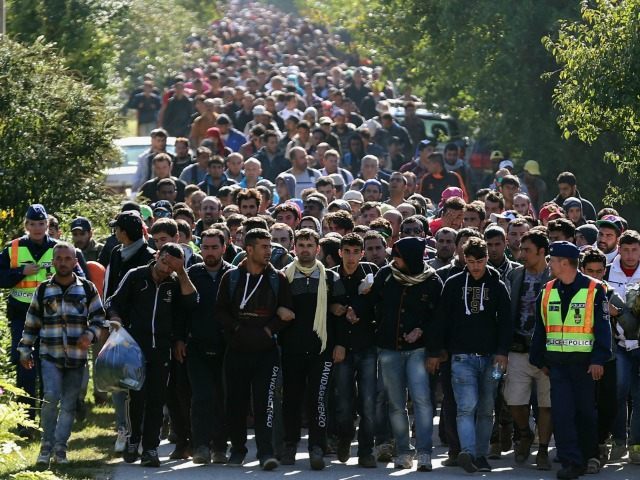Across the world, 60 million people have been displaced from their homes, more than any time in recorded history, according to The New York Times.
The list of countries from which the emigrants leave is extensive, including Afghanistan, the Democratic Republic of Congo , Eritrea, Gambia, Haiti, Iraq, Senegal, Syria, and many other countries in sub-Saharan and North Africa.
Between six million and eight million people are displaced in Syria; four million more Syrians now live in Jordan, Lebanon, and Turkey. Over 100,000 Afghanis are expected to flee their country this year; the Yazidis of Iraq have no home since ISIS invaded their territories; the Assyrian, Nestorian and Chaldean Christians from northern Iraq have also been forced from their homes. Two million Iraqi refugees have left their country.
Despite the mass exodus to Europe, some Europeans are sanguine about the prospect; Alexander Betts, who heads the Refugee Studies Center at Oxford University, said, “We need to keep our perspective on the numbers. If Lebanon can host one million Syrians, despite being the size of Maryland, a region the size of Europe should be able to host millions.”
The Czech Republic, Hungary, Poland, and Slovakia rebuffed a 120,000-migrant per nation resettlement quota, but then the Stefan Batory Foundation, an independent private Polish foundation established in 1988 by George Soros and some former Polish democratic opposition leaders, issued a letter signed by many European luminaries stating that Europe should not make resettlement difficult for the migrants, asserting, “In the name of our humanity, our principles and values, we call upon the authorities and people of our region to demonstrate practical solidarity towards refugees so that they may find safe haven in our midst and enjoy freedom to choose their own future.”
Former German foreign minister Joschka Fischer expressed skepticism over a European attempt to accept the refugees en masse, writing:
Throughout Europe, xenophobia and open racism are running rampant, and nationalist, even far-right parties are gaining ground. At the same time, this is only the beginning of the crisis, because the conditions inciting people to flee their homelands will only worsen. And the E.U., many of whose members have the world’s largest and best-equipped welfare systems, appears to be overwhelmed by it — politically, morally and administratively.
In September, a Syrian ISIS operative claimed more than 4,000 covert ISIS gunmen hidden among refugees had been smuggled into western nations.
Sonja Licht of the International Center for Democratic Transition warned, “I don’t think this wave can stop. It can maybe from time to time be somewhat less intensive, we simply have to prepare. The global north must be prepared that the global south is on the move, the entire global south. This is not just a problem for Europe but for the whole world.”

COMMENTS
Please let us know if you're having issues with commenting.